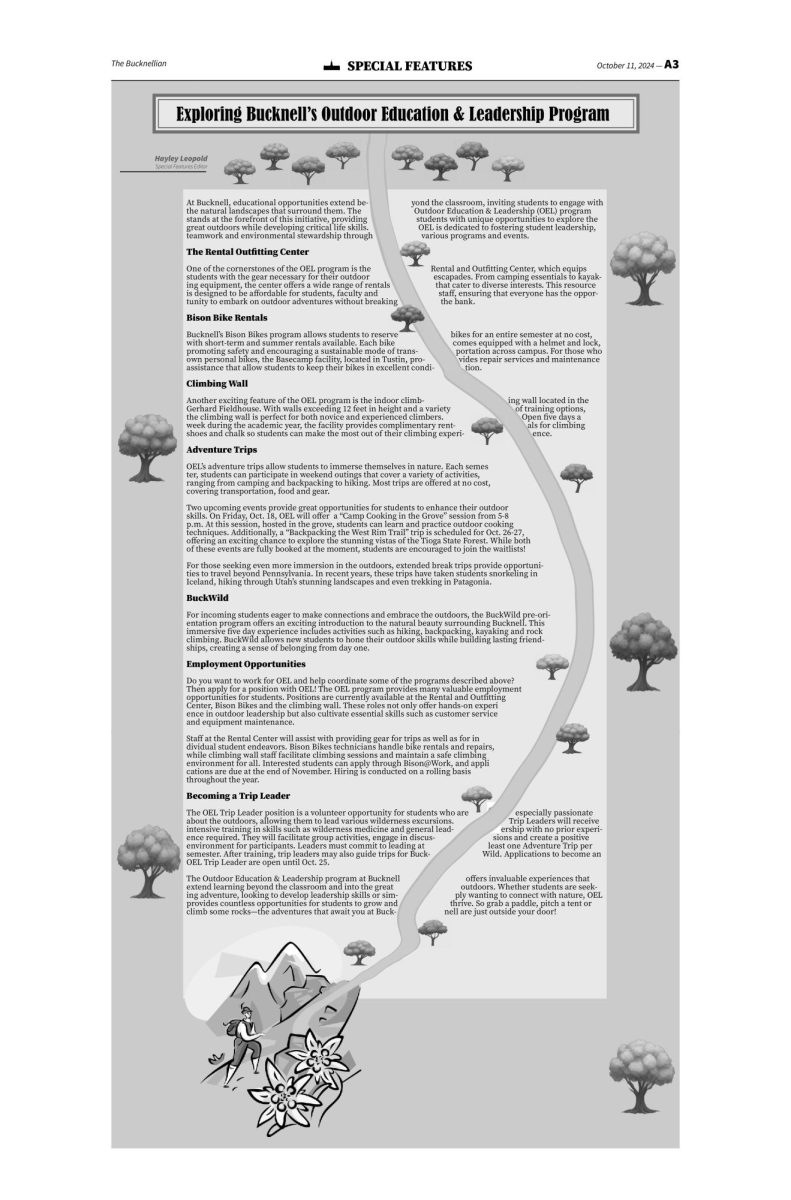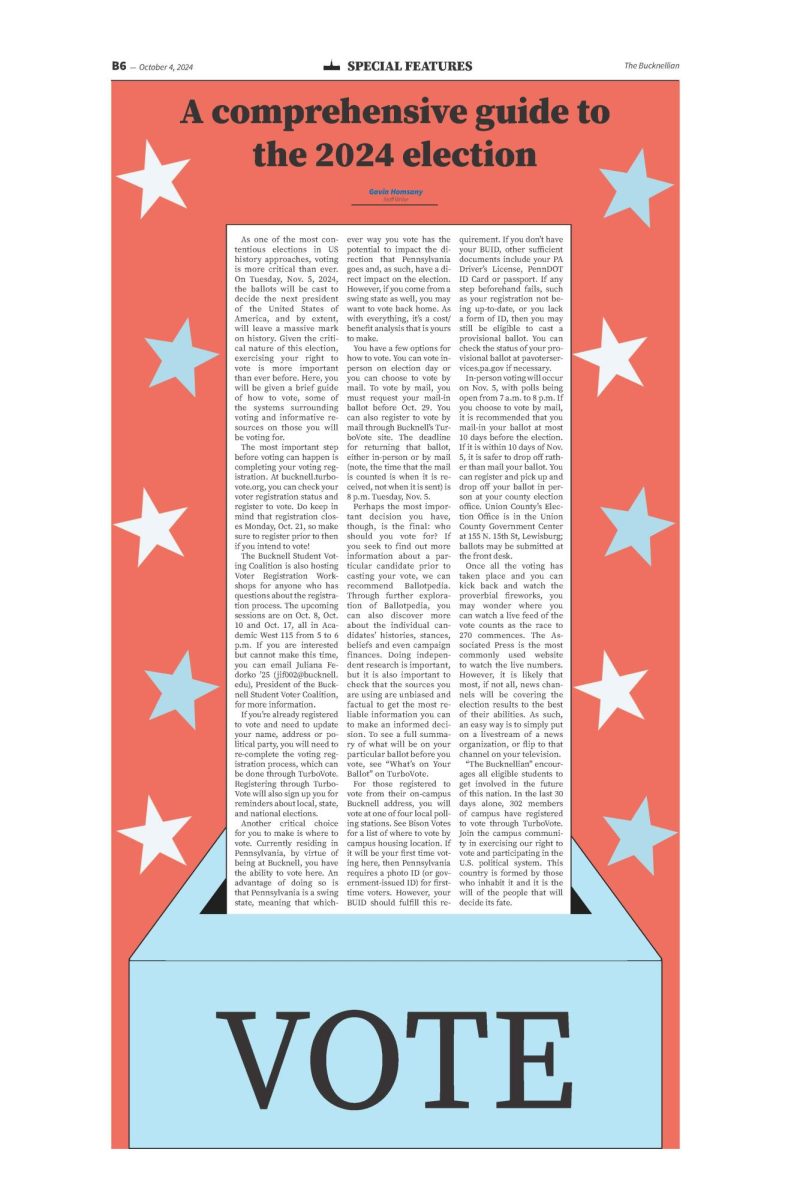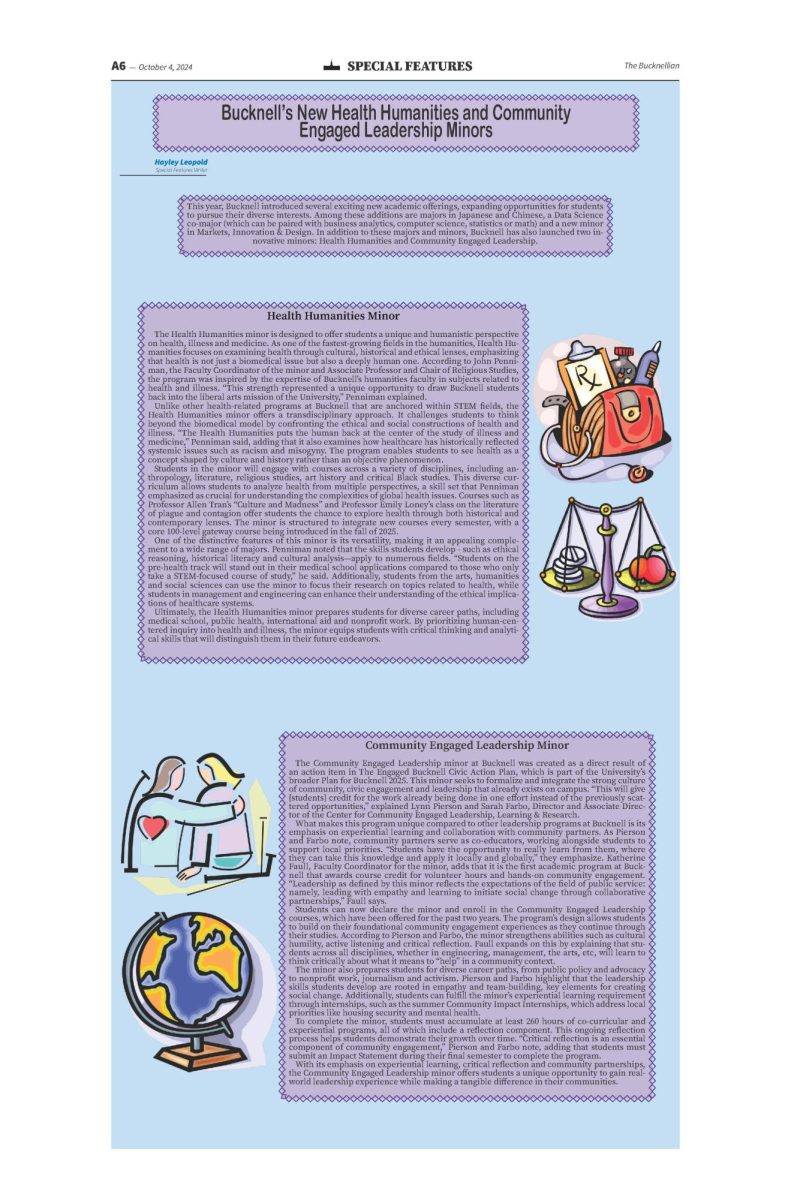Trump and UN’s threats mirror a playground fight, not a diplomatic conflict
September 28, 2017
On Sept. 19, for the first time since taking office, President Donald Trump attended the United Nations General Assembly and delivered a speech that emphasized the essentiality of enforcing harsher sanctions on Kim Jong-un’s growing nuclear weapons program. A week beforehand, the UN Security Council adopted a US-drafted resolution to impose added sanctions on North Korea; this will be the ninth round of North Korea-affiliated penalties the U.N. Security Council has unanimously enforced since 2006.
These new sanctions function to cut off sources of revenue that are funding North Korea’s efforts to develop their nuclear weapons, and they target entities that trade with North Korea within energy, medical, mining, textiles, and transportation industries. Much of Trump’s speech encapsulated the aggressive rhetoric that has been intensifying between himself and Kim.
In the president’s remarks, which epitomized his most direct military warning to North Korea thus far, Trump threatened to “totally destroy” the country of 26 million people, and accused Kim of being a “rocketman on a suicide mission.” Kim fired back in a rare direct statement televised by the KCNA state news agency, saying that he will “definitely tame the mentally deranged U.S. dotard with fire,” make Trump “pay dearly,” and that he will experience the “highest level of hard-line countermeasure in history against the United States.”
If this sounds to you like two eight-year-old bullies calling each other names from across the playground, it’s because they are — just with higher stakes involved. Although the growth of North Korea’s nuclear weapons program is alarming and has led to nationalistic claims that the United States must defend democracy at any cost, what’s often lost, and what’s more significant, are the similarities between Trump and Kim.
The escalating rhetoric between the two leaders derives from their inabilities to achieve diplomacy, work under pressure, calm their tempers, or act responsibly, which yes, are characteristics shared by eight-year-old bullies. It’s ridiculous to compare the institutions and the general standard of living in the United States to that of North Korea, but for a country that has a history of denigrating North Korean leaders as irrational, unpredictable, and extreme, we should probably look first at our own president. North Korea has always posed an international security challenge, but what’s changed is that the United States is now led by the North Korean leader’s doppelgänger.


























